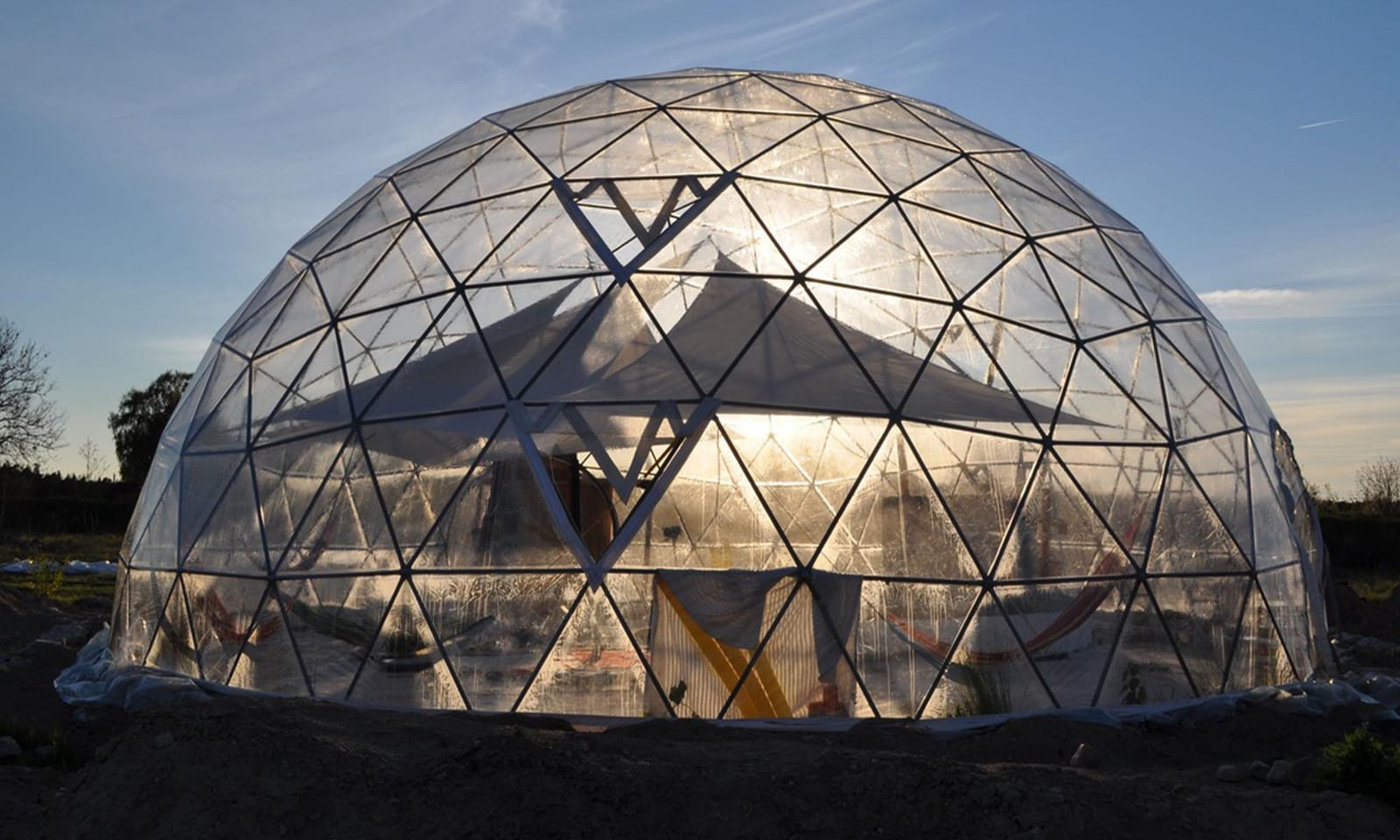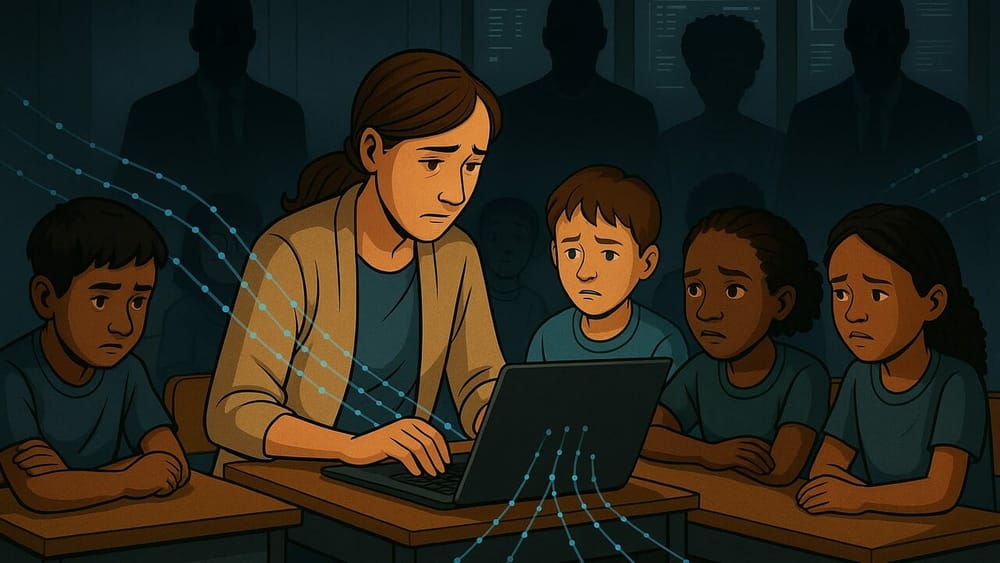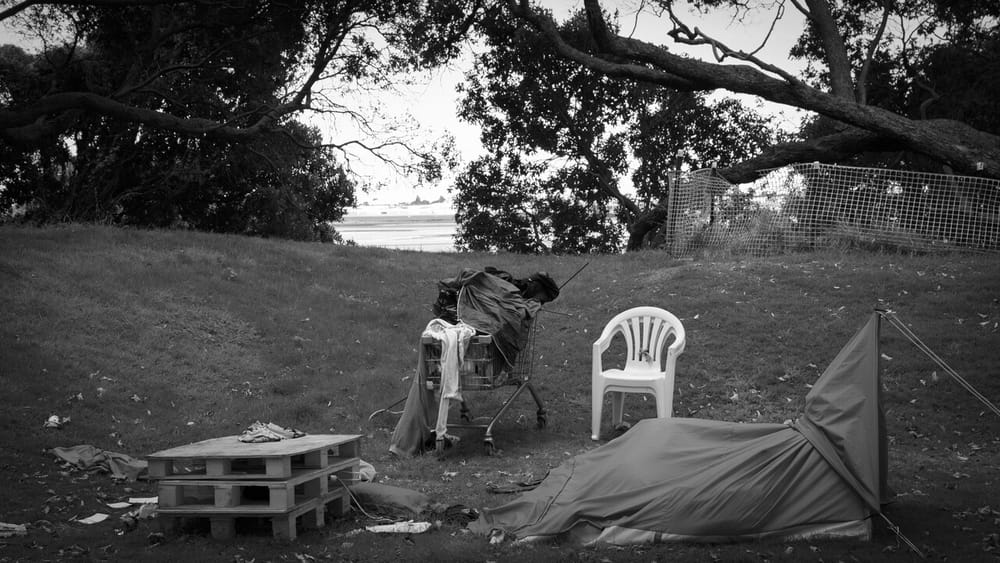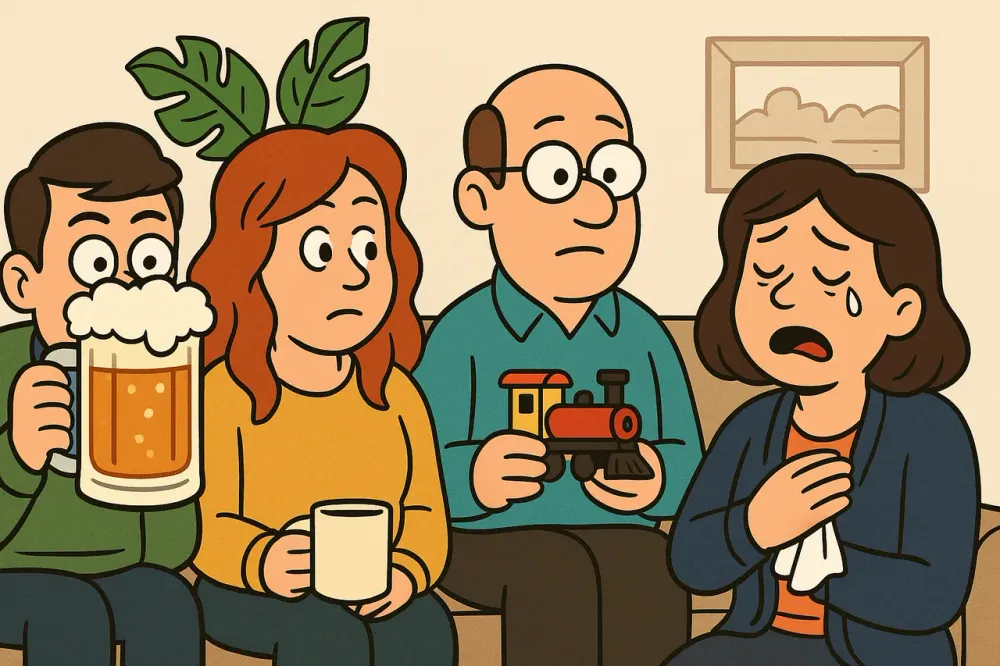Suderbyn Ecovillage and NGO is an experimental international community of 25 people living on the Island of Gotland, Sweden, in the middle of the Baltic Sea. Dedicated to participatory practices and social, personal and ecological sustainability, the ecovillage has developed innovative technology such as a closed-loop energy system that converts organic waste into biogas and nutrients for hydroponic crop production. We spoke to co-founder Robert Hall about the need for local low-tech energy sovereignty, the values that underpin the village and the bureaucratic challenges faced with implementing sustainable innovations.
What work did you do before setting up Suderbyn Ecovillage; did this work inspire the principles and values at the heart of Suderbyn?
I think I have had these thoughts since I read Sir Thomas More’s Utopia when I was 15-16 years old. My family wanted to live more in accordance with our values. We had visited eco-communities all over the world for 20 years. I worked for the UN, EU and under the Swedish Foreign Ministry, mainly with international development assistance. We were quite lucky, privileged and could afford to make an effort to go against the flow and create a different type of community.
What are the aims of the ecovillage, and what solutions to environmental, economic and social issues does it propose?
The ecovillage is both a model of an integrated eco-community and a learning centre. At the same time, it functions as an activist platform outward towards the rest of society. We are experimenting with reducing our footprint, co-living in a shared space and governed by all through participatory practices. We want to be inclusive and support people to make personal and societal changes.
What particular challenges did you face with the site in Gotland?
There was initially a lack of water and forest on site. There was noise from the highway just 17 metres from the main house. Water was standing in the basement and the chimney was condemned. The barn was missing part of its roof. Later in 2014-15, the Swedish Defense Forces reactivated the military field across the road to create the biggest military investment in Sweden in 30 years. Due to this, our expansion possibilities have been curtailed.
What is your view on prevalent large scale energy production technologies and food waste management systems?
We need to shift to a decentralised and decarbonised energy system with autonomous citizen energy communities based on resilient sources of power and heat. Closing the loop with utilisation of food wastes is a part of this. We try to reduce all waste flows to zero.
How does the idea of prosperous energy descent tie in to sustainability at Suderbyn?
Suderbyn has tried to shift energy consumption away from fossil fuels and centralised large-scale energy systems to diversified, local, low-tech and thus resilient energy systems. Redundancy rather than efficiency is the goal. We would like to feel that we master a number of different local energy technologies that can meet our energy needs regardless of what is happening in the wider society.
What percentage of Suderbyn’s energy and heating is powered by renewables? Do you see Suderbyn becoming completely off-grid in the future?
Suderbyn has been basically 100 percent renewable until a few months ago when a used petrol car was purchased. Our carpool was previously based on biogas cars or one electric off-road vehicle. [These] biogas (CNG) cars do however require small amounts of petrol for starting cold engines and heating the driver’s cabin. Only one biogas car is now running, fuelled by locally-produced biogas (bio-methane) produced on our island. All grid electricity for the ecovillage comes from a power utility that only sells ‘green electricity’ from wind or hydro-power. The ecovillage cooperative owns a share in a large wind turbine of that power utility. Some propane gas is used once in a while. Otherwise, the ecovillage is producing firewood, solar thermal, solar PV, annualised geo-solar, wind power and biogas. We are currently installing an air heat pump. Bicycles are encouraged as a means of local transport to the nearby town of Visby.
Could you elaborate on NGO RELEARN’s off-grid energy sovereignty project? Why is energy sovereignty important? Which countries were involved and what did you do?
NGO RELEARN Suderbyn was involved in an EU Inter-LAG project called DIY Off-Grid with Finland, Estonia, Lithuania and Latvia. It is important to regain knowledge and skills to be able to produce your own energy for localised energy sovereignty for climate change mitigation and adaptation. There are multiple and increasing risks of failures of the centralised energy and other support systems that can be reduced by increasing energy sovereignty.
What is the function and aim of the Off-Grid Renewable Energy for Rural Development platform?
We would like to get more local actors interested in decentralised energy systems and the knowledge and skills to build and operate such systems. There is a lack of information and networks currently on this type of local, often low-tech energy systems.
What was NGO RELEARN’s role in the community Biogas project in Moldova? Why is this an important pilot in rural Moldova or rural communities generally?
RELEARN was the lead partner, initiating the project and interfacing with the donor. We actively brought in the Global Ecovillage Network of Europe into the cooperation to increase the possibilities of building capacity for spreading knowledge on small-scale biogas production. Moldova is a uniquely ideal location for decentralised renewable energy as it is currently highly dependent on imported fossil fuels and most of that coming from the Russian Federation which creates further complications with Moldova’s path to increased cooperation with the EU. Rural communities as in Moldova are often peripheral in the national economy and, while rich in materials, may face energy poverty. We completed a pre-feasibility study of community biogas in Moldova that would make a lot of sense. Unfortunately, the Moldovan state has subsidised fossil fuels in that country with tax money, making such an eco-investment not viable now. We can hope that the new government will change their policies to encourage climate-friendly investments.
How does your closed-loop energy system work? What technical innovations were incorporated and what are some ways the system could be improved?
The Closed Loop Dome is an ongoing experiment. It consists of a geodesic climate shell, biogas energy production and aeroponics food production. The climate shell includes passive solar and annualised geo-solar design, earth pipe natural air conditioning combined with Jean Pain-inspired compost heating and solar PV [photovoltaic] and wind power support systems. Water needs are to be met with rainwater collection and storage plus recirculation. There is thus no outpipe for wastewater to ensure no nutrient leakages to the already eutrophicated Baltic Sea. We have tested most of these subsystems with different degrees of success. The biogas production was conducted for two years based on our food waste and despite very cold temperatures (6-8°C), we were constantly producing biogas. The biogas was scrubbed and used for cooking and tested for heating. Production volumes were not satisfactory under these cold conditions. We also needed to switch from a labour-intensive delivery system of compressed bottled raw biogas to piped raw biogas. In mid-2020, we stopped the digester and renovated it with insulation and a heating coil to achieve higher production temperatures and thus volumes. The digester was recently restarted in mid-2021. The aeroponics part of the Closed Loop has been stuck in developing the infrastructure needed but is currently being operationalised by a vertical farming specialist recruited in mid-2021.
You allude to significant bureaucratic challenges to getting consent for the micro-digester. What were these, and how did you overcome them? What needs to change to make community biogas digesters more accessible?
The municipality which was new to small-scale biogas rejected our request to use a Chinese biogas soft bag for our storage solution. Instead, they required as per EU directives that the biogas be bottled in solid containers approved for methane—basically a non-existent item. We solved this at great cost by certifying biogas tanks from junked biogas vehicles. The whole approval process took 18 months with multiple direct contacts with the central authority advising the municipality. We discovered later that dairy farmers in other Swedish regions are using soft plastic gas bags similar to what we proposed but they are inside sturdy shipping containers with known strength. We now have installed a piped gas connection linking the production in the Closed Loop Dome with consumption in the housing 150 metres away. Regulations prevent “importing” food waste to our digester as that would be a more advanced licence for waste processing. Community biogas however requires that neighbours can more easily cooperate around one common digester.







